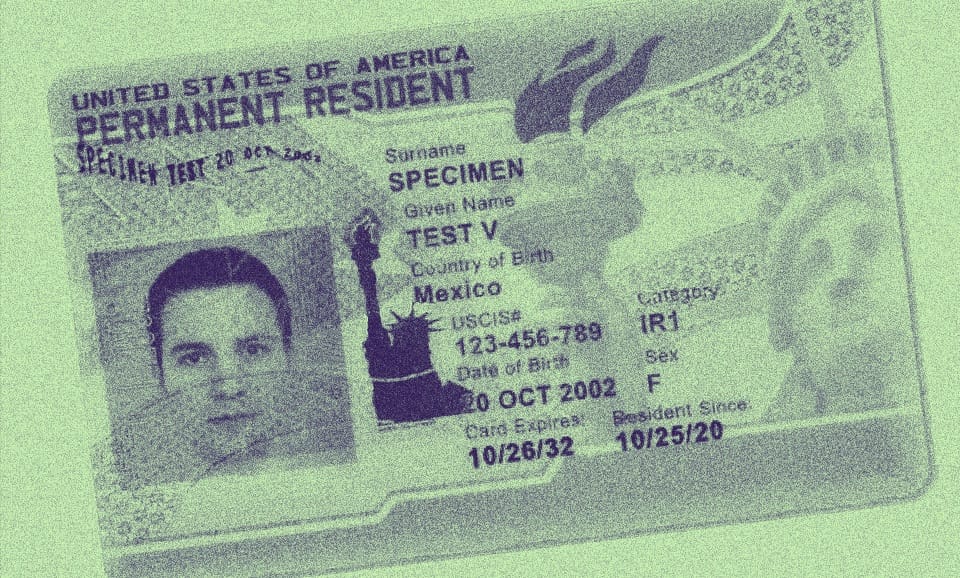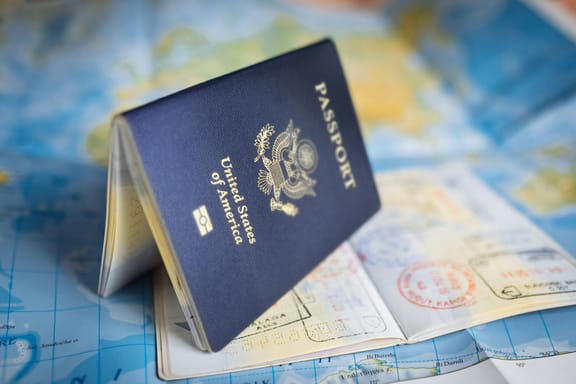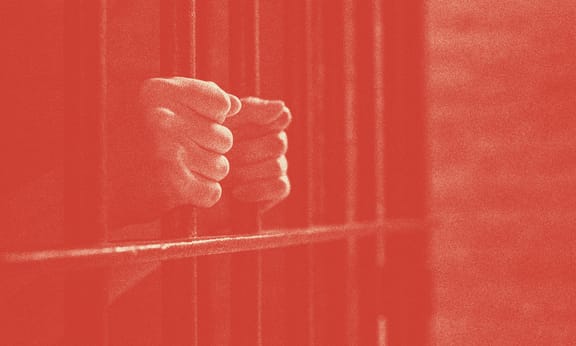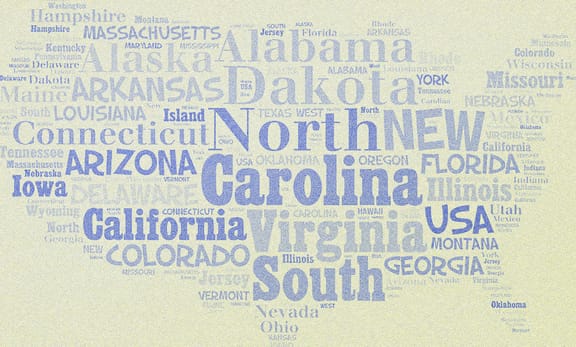The Diversity Visa (DV) Lottery—often called the Green Card Lottery—offers a rare chance for individuals from countries with historically low U.S. immigration rates to secure lawful permanent residence. While the process looks simple at first glance, a successful application requires careful preparation, attention to detail, and timely action.
The DV Lottery is run each year by the U.S. Department of State to diversify the immigrant population by selecting applicants from underrepresented countries. Up to 55,000 Green Cards are made available annually through a computerized random draw.
To be eligible, you must be a native of a qualifying country and meet either the education or work experience requirement. Importantly, selection does not guarantee a Green Card. It only gives you the opportunity to apply, complete interviews, and pass medical and background checks within strict timelines.
It is also worth noting that the DV Lottery program undergoes regulatory updates and revisions almost every year. Applicants must closely monitor official instructions for each cycle to ensure they are following the most current rules. Relying on outdated information—such as previous year’s requirements or third-party websites—can lead to preventable mistakes and ineligibility.
Eligibility and Application Process
Before applying, confirm you meet the eligibility criteria. Your country of birth must be on the annual list of qualifying nations. If it is not, you may still qualify through your spouse or parents, but this requires documentation. You must also have at least a high school education or two years of work experience in a skilled occupation.
Applications are submitted online during a short window each fall, usually October or November. The process is free and only electronic submissions through the official website (dvprogram.state.gov) are accepted. Details such as name, date of birth, and passport information must match your documents exactly, as even minor errors or duplicate entries cause automatic disqualification.
Many applicants overlook the importance of meeting the photo specifications outlined by the State Department. Your photo must be recent, properly sized, and comply with detailed formatting requirements. This technical requirement is one of the most common causes of disqualification, and should never be taken lightly.
Once submitted, you receive a unique confirmation number. This is the only way to check your status when results are released in May. Losing it means you cannot verify whether you were selected.
No emails, letters, or phone calls will be sent by the U.S. government to inform you of your selection. This is why keeping your confirmation number safe—preferably in multiple locations—is essential. A misplaced confirmation number is not recoverable, which means your selection status cannot be verified under any circumstance.
After Selection
Being selected means you can move forward with applying for an immigrant visa, but you must act quickly. The next step is filing Form DS-260, gathering supporting documents such as birth certificates, police records, and proof of education or work, and preparing for a consular interview.
Applicants must also undergo a medical examination by an approved physician. The results of this medical exam are submitted directly to the consulate and form a mandatory part of your immigrant visa case. Medical inadmissibility, though rare, can disqualify applicants—so being honest and transparent during this process is critical.
Because more people are selected than there are visas available, not every selectee will ultimately obtain a Green Card. Priority is given based on case numbers and the speed with which applicants complete required steps. Delays or incomplete submissions can cost you the opportunity.
Timelines vary by case number, but lower numbers generally receive earlier interview invitations. If your case number is high, you still have a chance, but staying alert and submitting documents as soon as possible becomes even more important.
Applicants should also be aware that all supporting documents must be translated into English if they are in another language. This includes birth certificates, police records, and education diplomas. Only certified translations are accepted, so be sure to plan for this step in advance to avoid delays.
Avoiding Common Mistakes
Every year, many applicants are disqualified for avoidable reasons. Common errors include:
- Submitting multiple entries in a single year.
- Uploading photos that fail to meet technical requirements.
- Applying through unofficial websites or paying fraudulent services.
- Forgetting or misplacing the confirmation number.
- Missing deadlines or failing to provide full documentation after selection.
Being diligent and cautious helps ensure that your application remains valid. Remember, the U.S. government does not notify winners by email or phone; any such messages are scams.
Another important point: marital and family status must be accurately reported at the time of your initial application. Any inconsistencies between your original submission and your final visa application can raise red flags and lead to denial, even if they were honest mistakes. If you get married or have children after applying, make sure you follow the correct procedures to update your case before your interview.
Not being selected is disappointing, but the DV Lottery is only one of many immigration pathways. Depending on your qualifications, you may still consider H-1B for skilled workers, L-1 for intracompany transferees, O-1 for individuals with extraordinary ability, or family-based sponsorship.
Reapplying in future years is also possible, and there is no penalty for doing so as long as each submission meets eligibility rules. Many applicants try multiple times before eventually being selected.
It is not uncommon for individuals to be selected on their second, third, or even fifth attempt. Persistence—combined with accuracy—can make a real difference in long-term outcomes. Preparing thoroughly each year will ensure that, when your opportunity does arrive, you are ready to seize it without delays.

What You Should Do If Selected
If you are among the selectees, your next steps must be taken seriously. Prepare all documents early, monitor your case number progress, and stay in close contact with the appropriate consulate or embassy.
Hiring a qualified immigration attorney is not mandatory but can be highly beneficial—especially if your case involves dependents, document complications, or concerns about admissibility. An experienced legal team can help you avoid critical errors that may derail your case late in the process.
It is also advisable to begin collecting your financial documents in advance. While the DV process does not have strict income requirements, consular officers will assess whether you and your dependents are likely to become public charges. Having a job offer, sponsor, or sufficient savings can strengthen your position.
The DV Lottery is one of the most accessible ways to seek permanent residence in the United States. But it is not purely luck—it requires accuracy, preparation, and fast action after selection.
Understanding the eligibility rules, preparing a complete application, and having documents ready if selected will greatly improve your chances of success. Whether this is your first attempt or one of many, treating the process with the seriousness it deserves can make all the difference.
The more proactive and well-informed you are, the more likely your case is to move smoothly through each stage. From the initial online application to the final visa interview, treating every step with precision and urgency is what turns selection into success.
At Grape Law, we assist applicants at every stage of the DV process—from confirming eligibility to preparing for consular interviews. For guidance tailored to your case, reach us at info@grapelaw.com. Our experienced team is ready to support your immigration journey.
Categories










